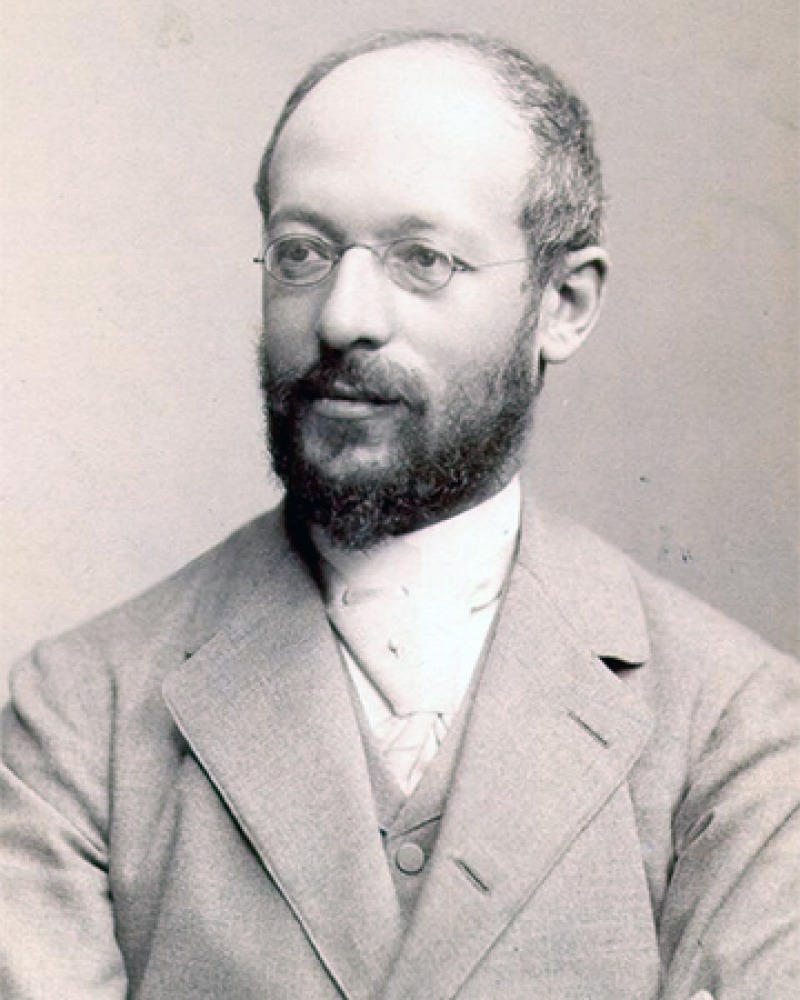
Pliny the Younger
Letter to Minicius Fundanus,
c. 105
Letter to Minicius Fundanus,
It is astonishing how good an account can be given, or seem to be given, of each separate day spent in Rome, yet that this is not the case with regard to a number of days taken in conjunction. If you were to ask anyone, “What have you been doing today?” he would reply, “I have attended the ceremony of a youth’s coming of age. I have helped to celebrate a betrothal or a wedding. One has invited me to the signing of his will, another to attend a trial on his behalf, another to a consultation.” These things seem indispensable at the time when they are done, but when you come to reflect that you have been doing them day after day, they strike you as mere frivolities—and much more is this the case when one has retired into the country. For then, the recollection steals over you, “How many days have I wasted, and in what dreary pursuits!” This is what happens to me as soon as I am in my house at Laurentum and am reading or writing, or even merely looking after my bodily health, that support on which the mind reposes. I hear nothing, I say nothing, which one need be ashamed of hearing or saying. No one about me gossips ill-naturedly of anyone else, and I for my part censure no one, except myself, however, when my writings are not up to the mark. I am troubled by no hopes and no fears, disquieted by no rumors: I converse with myself only and with my books. What a true and genuine life, what a sweet and honest repose, one might almost say, more attractive than occupation of any kind. Oh, sea and shore, veritable secret haunt of the Muses, how many thoughts do you suggest to the imagination and dictate to the pen!

